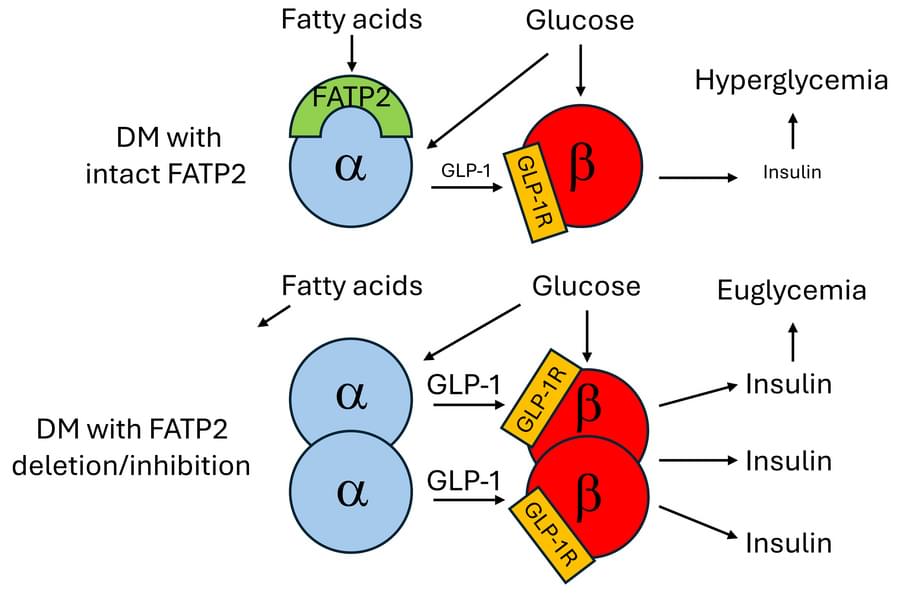A single-dose gene replacement therapy is found to improve movement ability in children over 2 years of age and teenagers with spinal muscular atrophy, according to research published in Nature Medicine. The results of this phase 3 clinical trial, involving 126 children and adolescents, could support an alternative to lifelong, repeat-dose treatments for people living with spinal atrophy beyond the age of 2 years.
Spinal muscular atrophy is a rare genetic condition that causes muscle weakness and loss of movement over time. It develops because the body cannot make enough of a protein, called survival motor neuron, needed for healthy nerve cells.
Onasemnogene abeparvovec is a gene therapy that restores production of this missing protein in a single treatment. However, it is currently approved in the U.S. and Europe only as a single intravenous treatment for children under 2 years of age. Therefore, those older than 2 years of age can receive treatments only to slow the disease, and these must be taken regularly, either by injection or orally.









